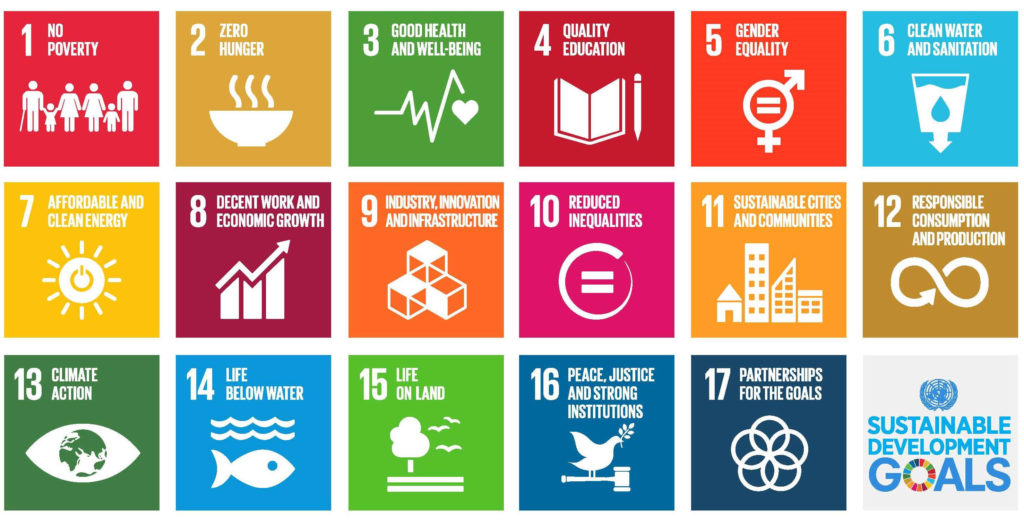Water and Food in Africa - A brief introduction

Water
Water can be considered the most important element for all ecosystems. It is fundamental for the survival and wellbeing of all living organisms. Despite being a renewable resource, its constant exploitation has meant that its resources are not being replenished fast enough to replace usage levels. This is particularly true when you consider the gaping imbalance between freshwater availability and the growing requirement’s of a developing worldwide population, thereby increasing per capita water consumption. Due to this, issues of water shortages become more present, resulting in it becoming a contested resource. Moreover, the trans boundary nature of water distribution has exacerbated political conflicts between neighbouring countries. These issues mean that the management and distribution of water is an urgent concern for all actors involved, as one country’s access to water is dependent on what another country upstream of them is doing. Thus, water availability and usage patterns have increasingly become a socio-economic status indicator.
Food
Food and water are two entities that are intrinsically linked. Without water, all food production, natural or man-made, would come to a standstill. As such, water availability, or lack thereof, has continuously been the culprit behind many global famines. This links in with the UN’s Sustainable Development Goal (SDG) of ending hunger, achieving food security, improving nutrition and promoting sustainable agriculture globally by 2030. This is because agricultural production is heavily reliant on groundwater usage. Thus, greater availability of water leads to more production, which subsequently leads to more food security. Africa, despite developing rapidly as a continent, still faces expected issues associated with a rapid economic and social expansion, such as acute and chronic rates of hunger. Uneven availability of water, groundwater to be more precise, has meant some countries here have struggled to expand their food production, rendering them unable to deal with the issue of hunger that is plaguing the rapidly developing continent.
Africa
This leads on to why Africa will be the focal point. The diverse continent boasts extremely variable precipitation and river discharge levels. Moreover, it is home to the fastest growing population in the world, including rises in the middle class; both of which are expected to continue. Hence, these issues mean water availability is a growing concern. With this concern, innovative solutions have come to fruition, showcasing the adaptability of communities affected. My blog will aim to cover such issues and solution over the coming weeks.
I really enjoyed reading your introduction post and liked how you finished with linking food and water to the continent of Africa. I look forward to reading your future posts!
ReplyDeleteThank you! I hope to add some more posts soon.
DeleteThis is a really good introductory blog post that clearly explains the complexities surrounding this topic. I found the statement about transboundary conflict especially interesting and I would be keen to find out more. Is this something you will cover in upcoming posts?
ReplyDeleteThanks! This could potentially be the subject of one blog post
DeleteGood referencing especailly the embedding of reference, and a good overview of the interconnection of water, foood and Africa. I wasn't sure about the usefulness of the SGD poster.
ReplyDelete